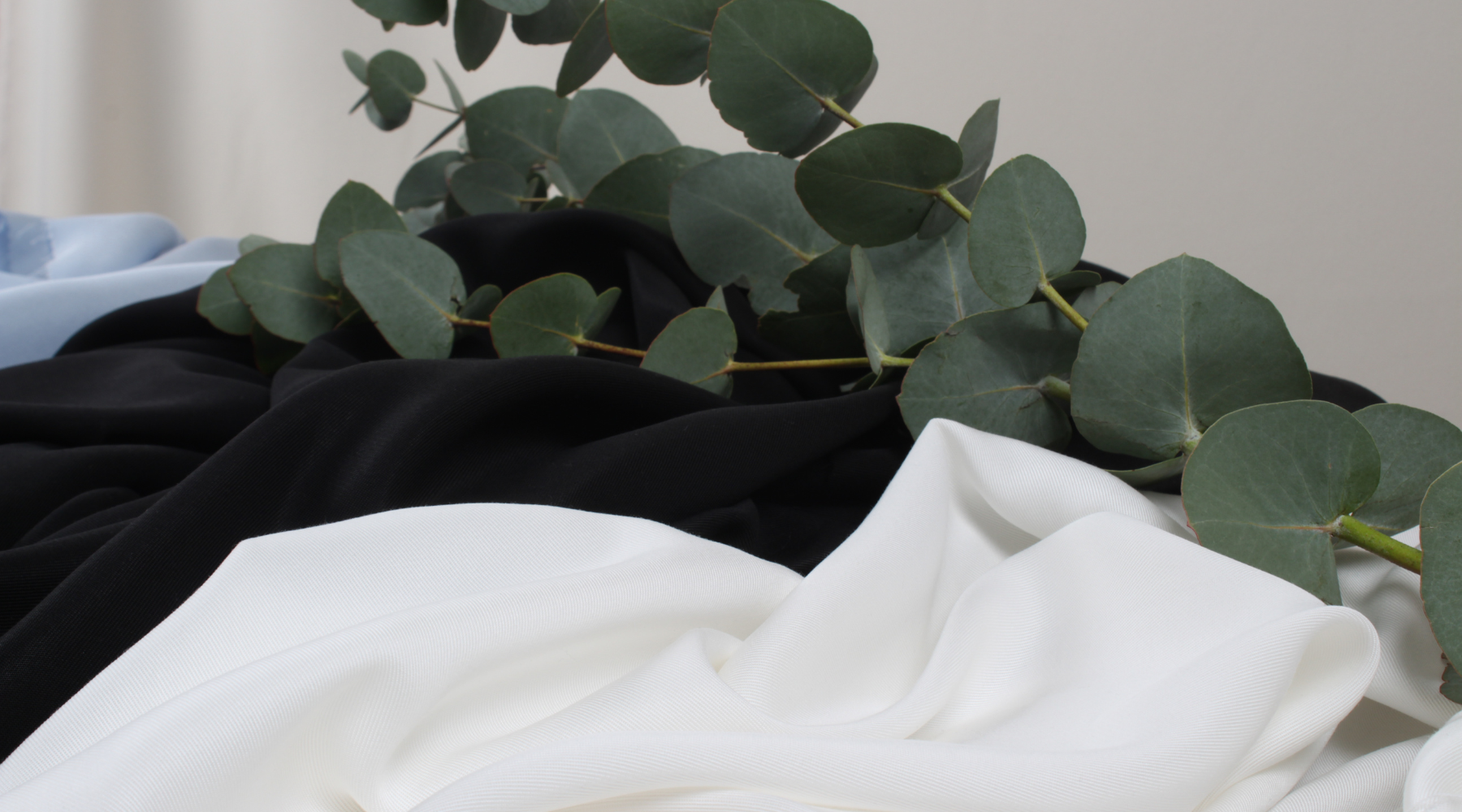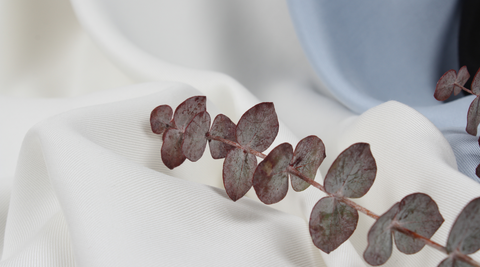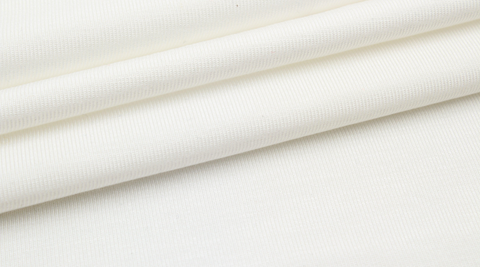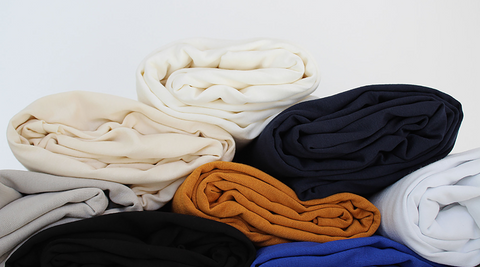
Embracing Sustainability: Cellulose-Derived Fabrics in Fashion
In the ever-evolving realm of fashion, sustainability has taken center stage. Designers are seeking eco-friendly alternatives to traditional fabrics, and cellulose-derived textiles have emerged as a game-changer in the industry. Derived from natural sources like wood pulp and plant fibers, these textiles offer a perfect blend of style, comfort, and environmental responsibility.
Tencel / Lyocell: Innovating with Elegance
Tencel™ is the Trademark from fiber producer Lenzing™ for Lyocell and Modal fibers. Tencel is a pioneering cellulose-derived fabric made from sustainably harvested eucalyptus trees. The production of Tencel involves a closed-loop process, where almost 100% of the solvent used is recovered and reused. This ensures minimal environmental impact. Tencel fabric is renowned for its breathability, softness, and moisture-wicking properties, making it a favorite among designers for creating elegant, draping garments.
The Tencel brand is committed to sustainability, having earned certifications such as the EU Ecolabel, FSC® (Forest Stewardship Council), and OEKO-TEX Standard 100. These certifications assure designers and consumers that Tencel is not only a fashionable choice but also a conscientious one, prioritizing the health of our planet.

Modal: A Touch of Luxury, Sustainably
Modal is another cellulose-derived fabric that's gaining popularity in the fashion world. It is made from beechwood pulp, and its manufacturing process is significantly less water-intensive compared to traditional cotton production. Beech trees are naturally resistant to pests, reducing the need for pesticides. Moreover, Modal fabrics are biodegradable and often certified by organizations like OEKO-TEX, ensuring they are free from harmful chemicals. Modal offers a luxurious drape and superior breathability, making it ideal for various clothing items.

Ecovero Viscose: Redefining Responsible Fashion
Ecovero Viscose, from Lenzing™ group, is a cellulose-based fabric crafted from sustainably managed wood and pulp. The production process of Ecovero Viscose reduces emissions and water consumption, making it an eco-conscious choice. It offers a soft, breathable feel, making it a versatile fabric for various fashion applications.
This fabric is certified with the EU Ecolabel, signifying its low environmental impact and adherence to stringent ecological and performance criteria. Ecovero Viscose also holds the FSC® certification, ensuring that the raw materials are sourced from responsibly managed forests.

The Biodegradable Advantage: Eco-Friendly Endings
One of the most remarkable aspects of cellulose-derived fabrics is their biodegradability. Unlike traditional synthetic fabrics that can persist in the environment for hundreds of years, cellulose-based textiles naturally break down, minimizing their impact on landfills and oceans. This quality aligns with the ethos of sustainable fashion, contributing to a circular economy.
As designers, embracing cellulose-derived fabrics with biodegradability at their core is a conscious choice towards a more sustainable and responsible fashion industry. By opting for Tencel, Modal, Ecovero Viscose, and other similar eco-friendly alternatives, designers can not only create stylish garments but also contribute to a greener future.

In conclusion, cellulose-derived fabrics offer a harmonious blend of style, comfort, and sustainability. Designers have a vast array of choices to create beautiful, eco-conscious fashion, knowing that each creation contributes positively to our planet's well-being. Let's embrace these innovative textiles and pave the way for a fashion industry that respects and protects the environment.
